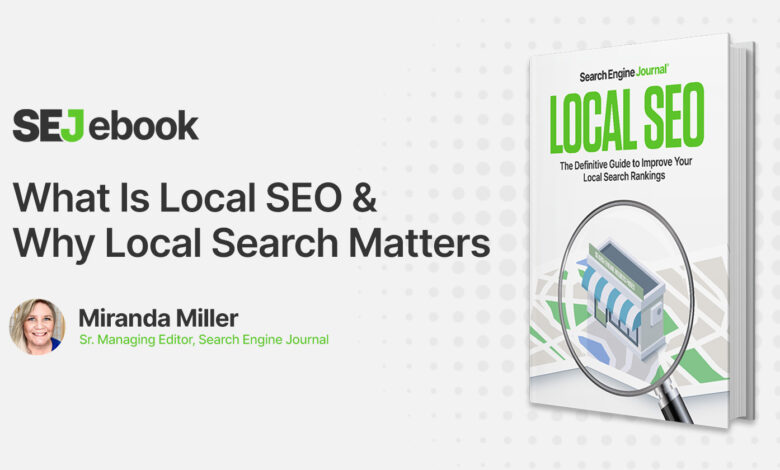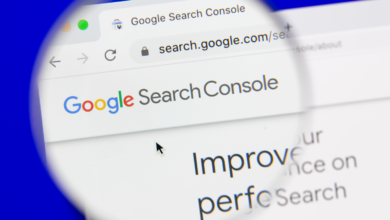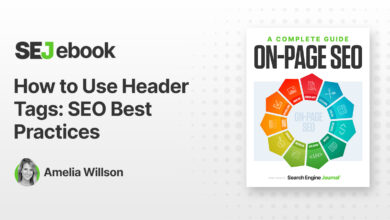What Is Local SEO & Why Local Search Matters

Local search is an integral part of any SEO strategy targeting customers in a specific region, city, or neighborhood.
Simply put, local SEO is where you focus on improving your rankings and your visibility in local search results like the Google Maps Package/Local Package.
Organic SEO is how to improve web page rankings in organic search. How your website ranks in those organic results can positively impact your Local Pack rankings as well.
Organic listings are another great opportunity for your local business to appear in front of eager searchers when Google determines that a query has local intent.
So, although local and organic SEO are interrelated in these ways, each requires a unique strategy with different optimization approaches.
Let’s start at the beginning – what is local SEO and why is local search important?
What is Local SEO?
Local SEO is the practice of optimizing search engines for local search results.
On Google, this means helping your Local Pack/Map Pack business listing rank higher and appear more often in response to more relevant queries.
Think of the last time you were out in the world, looking for something you needed. Maybe it was [men’s shoes]or [daycare providers]or [coworking spaces].
Google’s mission is to provide the best answer to searchers for any query.
And when its algorithms detect that your target is local — that you’re looking for something in the area around you — Map Pack results will appear prominently on the first page of search results.
It may be supplemented with organic results about businesses and services in your local area as well.
If you are looking for something like [Mexican restaurants open now], local results may appear as the default view above all organic content. Google finds you have an immediate local need.
The information available in local search results—business name, address, phone number, website, photos, videos, customer reviews, star ratings, and more—is more likely to answer that need than a plain blue link.
Adhering to Google Webmaster Guidelines and creating a great user experience on your website is an overall SEO best practice.
This is necessary if you want your website to rank in organic search results where Google has determined a local intent for the query.
But, you can appear in a Map Pack without even having a website, as MapPack results are largely informed by the Google Business Profile (GBP) listing. It may include information collected by Google from other places across the web and even user suggestions as well.
Google has Separate set of guidelines for local SEOAlso, the most importantGuidelines for representing your business on Google“.
These guidelines are necessary to increase your visibility in the map package and avoid suspension of your listing.
As you work through the local SEO guide, keep in mind the differences between a local membership and a map package.
Sometimes, we will talk about Google search algorithms, technical SEO for your website, on-page optimization for your web pages, etc. These topics indicate your chances of appearing in the local language organic Results and rankings support Map Pack with your own website presence.
As you read local reviews and star ratings, Google shares, and other sterling items, you learn about local SEO as it relates to the local results you see in Google Maps.
Why is local search important?
Here are some statistics that prove how important local search is to businesses:
- According to Google, 76% Of people who do a local search on their smartphone visit a business within 24 hours, 28% of those searches lead to a purchase.
- 30% Of all the searches you make related to the site, also according to Google.
- 61% of consumers in a recent local search survey said they search locally every day.
- A recent local SEO survey found that 82% of consumers read online reviews of businesses during a local search and spend approximately 14 minutes doing so before making a decision.
- 86% of people rely on Google Maps to find a business location.
- Yelp appears in the top five search results for SMB searches 92% of the time.
- all over the world, 74% of in-store shoppers who did their research before they actually got into the store said they searched for things like [closest store near them]And [locations]And [in stock near them]and other types of local information.
- More than half of Internet users worldwide use a mobile device for their local searches.
- 83% of researchers use Google search to find out more about nearby businesses; 55% use Google Maps, 44% Apple Maps, 39% switch to Yahoo, and 31% choose bing.
How does google determine local ranking
Google keeps its organic search ranking algorithms under wraps but is more open about what it takes to rank in local results.
The three main categories of local ranking factors, according to Google, are:
- Relevance.
- Distance: after.
- and fame.
-
“How to improve your local ranking”, Google, screenshot by author Jan 2022
Relevancy refers to how well a Local Business Profile matches what someone is looking for.
Add complete and detailed business information to help Google better understand your business and match your profile to relevant searches,” states Google in its help resource on how to improve your local ranking.
Google defines distance as “how far each potential search result is from the location term used in the search. If a user does not specify a location in their search, we will calculate the distance based on what we know about their location.”
Popularity in this context refers to how popular Google considers this business. This is perhaps the most complex of the categories of local ranking factors, as search algorithms try to factor offline prominence into the equation as well.
According to Whitespark’s ‘2021 local search ranking factorsSurvey, these are what local SEO experts believe are the most important local package ranking factors:
- Basic pound sterling denomination.
- keywords in the listing title.
- Near the address of the commercial activity to the searcher’s website.
- The actual address in the search city.
- Additional GMB Classes.
- High numerical star ratings.
- Sterling is completed.
- The quality and authority of internal links to the associated domain.
- Keywords in original google reviews.
Improve your presence in local search
You see, local search is an essential channel for businesses of all types serving local customers – franchises, retail chains, so-called Mom & Pop stores, financial services brands and service providers, and enterprise brands and SMEs alike.
In “Local SEO: The Ultimate Guide to Improving Your Local Search Rankings,” you’ll find everything you need to know to develop and implement a successful local SEO strategy.
You will know:
- The top local ranking signals you need to know and why they matter.
- How to create a winning local SEO strategy.
- Practical tips and tricks for analyzing competition in local search results.
- Why is accurate NAP information and user experience so important in local SEO.
- How and where to find the best local link building opportunities.
- Why reviews and star ratings matter – and how to make the best use of them.
- How to completely improve your sterling list.
- All the different attributes you need to know to help your Sterling List stand out and convert customers.
- Local SEO and listing management tools to save you time and improve your performance.
- And a lot.
You’ll hear from local search experts Ben Fisher, John McAlpine, Alexandra Tachalova, Marshall Neiman, Madi Osman, and others as they share their best tips and advice to help shape a structured strategy for your business.
Download the guide for free here.
Featured Image: Paolo Bobetta/Search Engine Magazine




